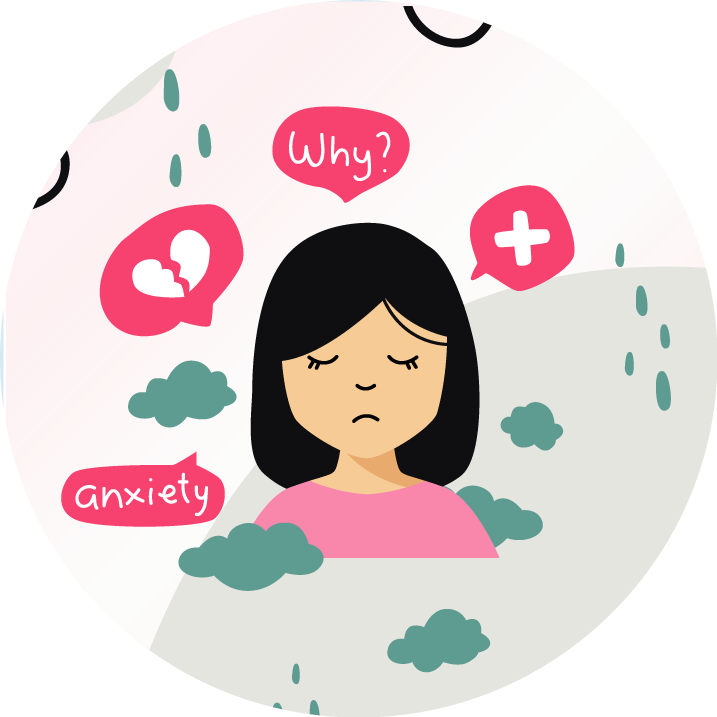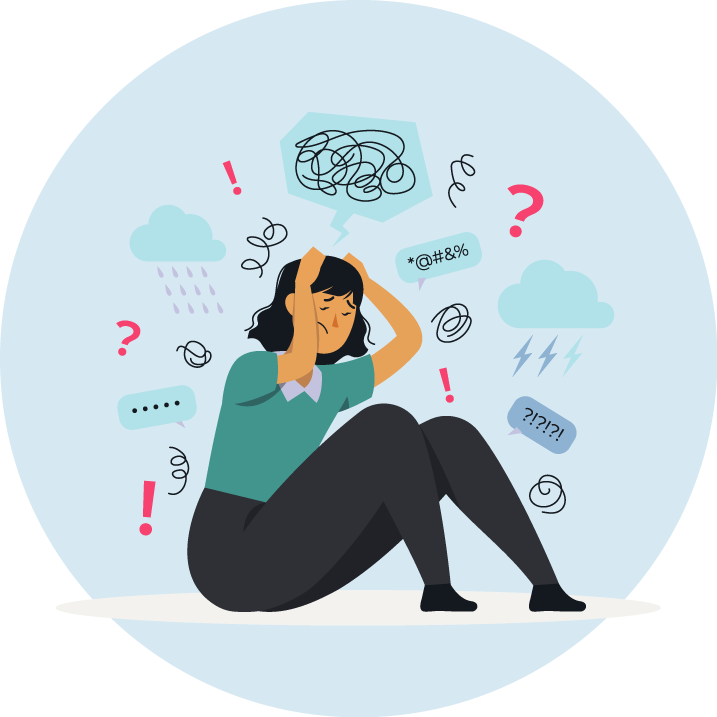Hurtful Words can break the bones of Your Marriage

Hurtful Words can break the bones of Your Marriage
September 20 2025 TalktoAngel 0 comments 61 Views
Words are powerful. While physical wounds might heal over time, emotional wounds caused by words can linger for years — even a lifetime. In a marriage where emotional safety and mutual respect are the foundation, words carry even more weight. Hurtful words can create cracks in that foundation, leading to deep emotional scars that can weaken or even break the relationship.
Many people don’t realise the lasting damage their words can cause. Whether spoken in anger, frustration, or habit, these words can erode trust, closeness, and the sense of partnership that marriage is built on. Just as bones give strength and structure to the human body, trust and love give structure to a marriage. And just as bones can break, so too can the emotional framework of a marriage, especially when it is repeatedly struck by unkind or disrespectful words.
How Words Shape Marital Health
In every marriage, communication acts as a thread connecting two individuals. But when that communication becomes harsh, critical, or dismissive, the connection starts to unravel. One argument rarely causes serious damage — it’s the pattern of negative or careless speech over time that can truly hurt a marriage.
Harsh language often doesn’t come from hatred; it can come from stress, anxiety, frustration, or unresolved resentment. But that doesn’t make it harmless. Repeatedly hearing comments like “You never do anything right” or “I should have married someone else” chips away at a person’s self-worth and emotional security.
Common Verbal Behaviours That Harm Marriages
1.Criticism Disguised as Honesty
Being honest is important in a relationship, but when honesty turns into harsh judgment, it stops being helpful and starts becoming hurtful.
2.Sarcasm and Passive-Aggressive Remarks
Making a joke out of a serious concern or using sarcasm to avoid direct communication creates confusion and emotional distance.
3.Name-Calling and Insults
Calling your partner names in the heat of an argument can have a lasting impact. Words like “lazy,” “crazy,” or worse are not only disrespectful but also damaging to a person’s sense of safety in the relationship.
4.Shutting Down or Withholding Communication
While silence isn't a word, it is a form of communication — and in many cases, a hurtful one. Refusing to speak or acknowledge your partner during conflict can make them feel invisible and rejected.
The Emotional Damage of Hurtful Words
Emotional pain caused by verbal attacks isn’t always visible, but its effects can be just as serious as physical harm. The long-term consequences of hurtful communication can include:
- Loss of emotional intimacy: Your partner may no longer feel safe being vulnerable.
- Increased resentment: Unresolved feelings build up, making future communication even more difficult.
- Lowered self-esteem: Constant negative comments may lead a person to believe they are unworthy of love or respect.
- Breakdown of trust: Words that wound may make one partner question whether the other truly cares.
Emotional pain caused by words often isn’t quick to heal. Long after an argument is over, the effects of cruel statements can stay in your partner’s memory, replaying every time similar situations arise.
Why We Say Hurtful Things — Even When We Don’t Mean To
Sometimes, hurtful words come out not because we want to hurt our partner, but because:
- We’re under stress or feeling emotionally overwhelmed.
- We’ve developed poor communication habits
- We’re repeating patterns we saw in childhood or past relationships.
- We’re reacting to our hurt, instead of responding with care.
Recognising these triggers is an important step toward changing how we speak and relate to our partner, especially during conflict.
How to Replace Harmful Words with Healthy Communication
Healing from the damage caused by words requires effort, awareness, and compassion. Here are some ways to shift from hurtful communication to constructive conversation:
- Pause Before Speaking:-Give yourself a moment before responding in anger or frustration. A short pause can prevent a lifetime of regret and foster resilience.
- Use “I” Statements:- “I feel unappreciated when I do housework alone” is more effective than “You never help with anything.”
- Apologise When You’re Wrong:-If you’ve said something hurtful, own it. A genuine apology includes not just saying “sorry” but also acknowledging the impact of your words and making an effort to change.
- Practice Active Listening:-Sometimes the best thing you can do is simply listen without interrupting or preparing your rebuttal. Let your partner feel heard and validated.
- Seek Online Counselling or Therapy if Needed:-If hurtful communication has become a habit, consider couples therapy. A professional can help both partners learn better ways to express themselves and work through deeper emotional issues.
Rebuilding After the Hurt
Every couple faces challenges. What matters most is how you choose to handle them. If hurtful words have created damage in your marriage, healing is still possible — but it requires humility, patience, and consistent effort.
Here are some rebuilding practices:
- Offer regular reassurance. Let your partner know they are valued and loved.
- Create new communication patterns. Replace shouting matches with calm discussions.
- Celebrate emotional wins. Every kind word, every avoided argument, every thoughtful gesture counts.
Conclusion: Speak Love, Not Destruction
In marriage, you hold incredible power — not just in your actions, but in your words. The way you speak to your partner becomes the atmosphere of your relationship.
Ask yourself:
Are my words building or breaking?
Are they healing or hurting?
Words can either be weapons or tools. Choose to use them to build trust, offer support, and express love. Because once a word is spoken, it can’t be taken back — but it can be the beginning of healing or the start of a fracture.
Contributed by: Dr (Prof.) R K Suri, Clinical Psychologist & Life Coach, & Ms. Riya Rathi, Counselling Psychologist
References
- Gottman, J. M., & Levenson, R. W. (2000). The timing of divorce: Predicting when a couple will divorce over a 14-year period. Journal of Marriage and Family, 62(3), 737–745. https://doi.org/10.1111/j.1741-3737.2000.00737.x
- American Psychological Association. (2023). Communication tips for healthy relationships. https://www.apa.org/topics/healthy-relationships/communication
- Neff, K. D. (2011). Self-compassion: The proven power of being kind to yourself. William Morrow.
- Tannen, D. (2001). That's not what I meant!: How conversational style makes or breaks relationships. Ballantine Books.
- Johnson, S. M. (2008). Hold me tight: Seven conversations for a lifetime of love. Little, Brown Spark.
- Wile, D. B. (1993). After the honeymoon: How conflict can improve your relationship. Wiley.
Leave a Comment:
Related Post
Categories
Related Quote

“Remember: the time you feel lonely is the time you most need to be by yourself. Life's cruelest irony.” - Douglas Coupland

“Anxiety is a thin stream of fear trickling through the mind. If encouraged, it cuts a channel into which all other thoughts are drained.” - Arthur Somers Roche

"It is okay to have depression, it is okay to have anxiety and it is okay to have an adjustment disorder. We need to improve the conversation. We all have mental health in the same way we all have physical health." - Prince Harry

“What mental health needs is more sunlight, more candor, and more unashamed conversation.” - Glenn Close

“Stress is an ignorant state. It believes everything is an emergency.” - Natalie Goldberg
Best Therapists In India
































SHARE